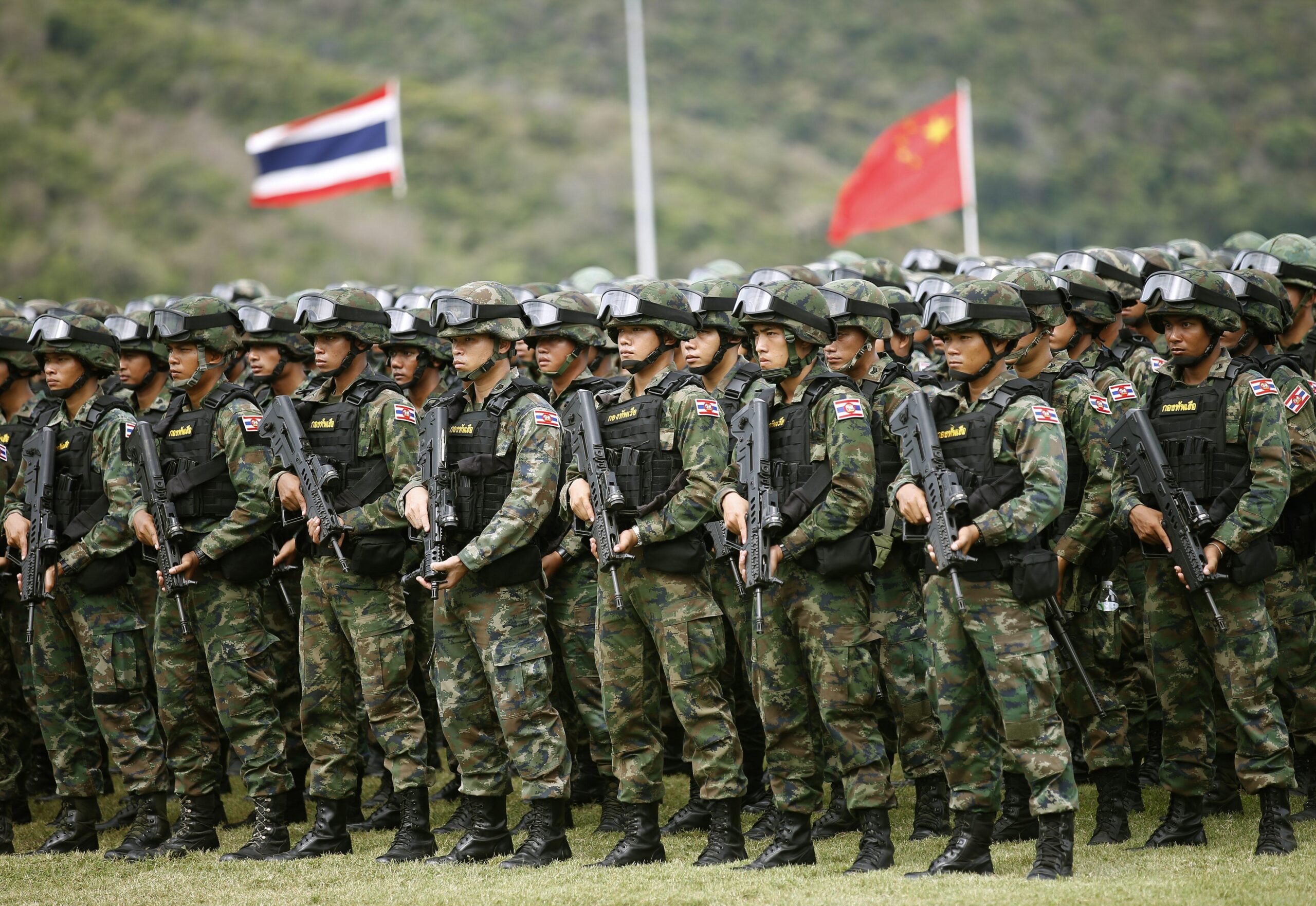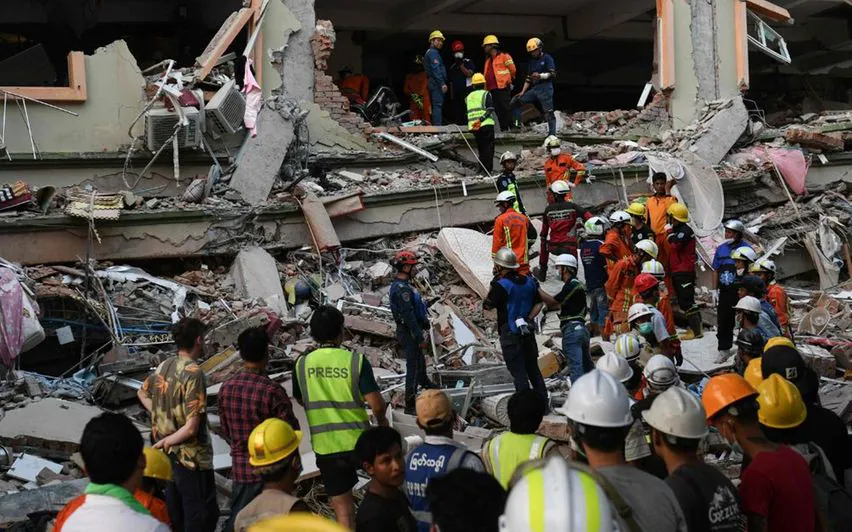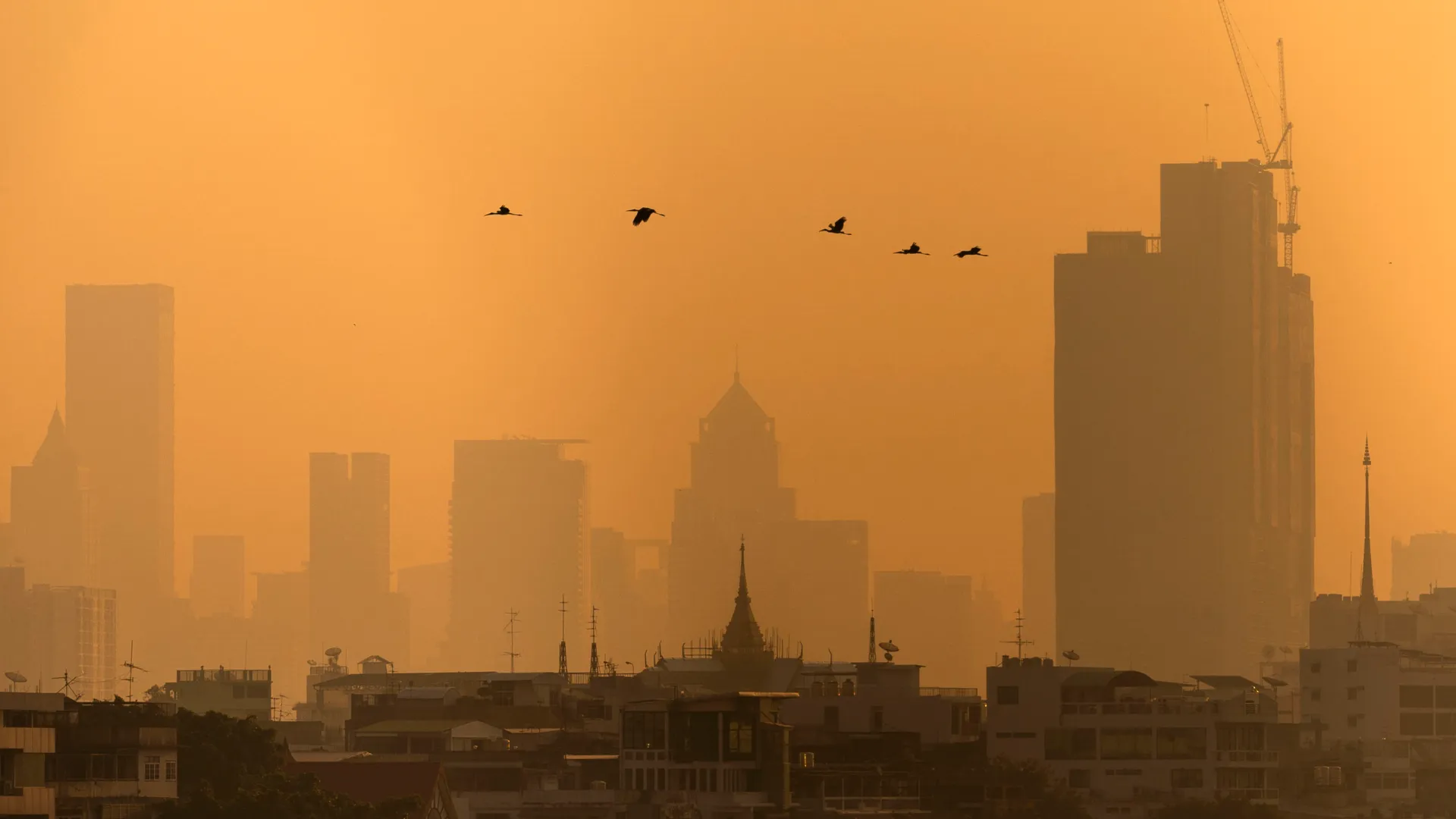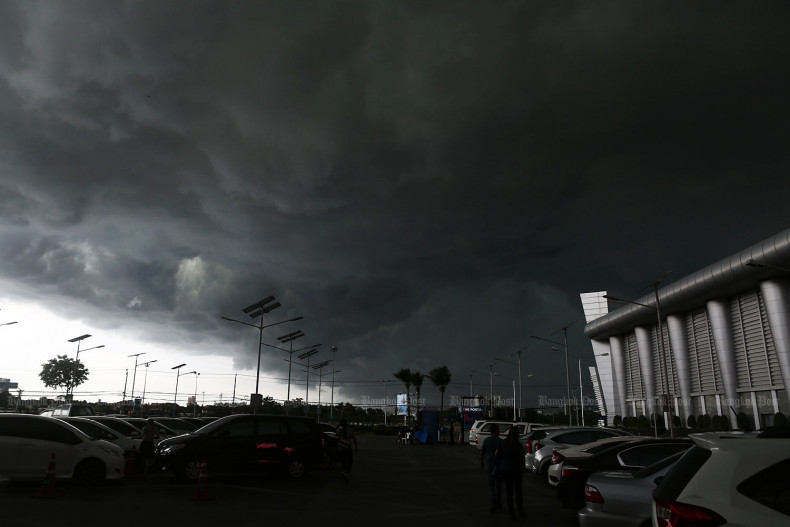Timing Critical with Election Two Years Away
Thailand anticipates its first cabinet reshuffle since Paetongtarn Shinawatra’s government took office 10 months ago, with just two years until the next general election in 2025. This shakeup, expected soon, comes amid growing speculation, though concerns arise as it appears driven by political motives rather than a push for enhanced public service efficiency.
Coalition Strains Fuel Change
Pheu Thai and Bhumjaithai Clash
The impending reshuffle stems from friction within the ruling coalition, particularly between the dominant Pheu Thai Party and its key ally, Bhumjaithai Party. Former Prime Minister Thaksin Shinawatra, a guiding force for Pheu Thai, recently advocated for his party to control the Interior Ministry, currently led by Bhumjaithai’s Anutin Charnvirakul, signaling a strategic move to strengthen electoral chances ahead of the vote.
Strategic Moves and Responses
Thaksin’s Influence Sparks Debate
Thaksin’s comments hint at reclaiming the Interior Ministry from Bhumjaithai, whose ties with Pheu Thai have weakened, while also aiming to boost the party’s pre-election standing. In response, Anutin countered that Bhumjaithai joined the coalition at Pheu Thai’s invitation during a political impasse two years ago, highlighting the complex negotiations shaping this cabinet realignment in 2025.
Bargaining for Key Portfolios
A-Grade Ministries Up for Grabs
Reports suggest intense negotiations, with Bhumjaithai potentially relinquishing the Interior Ministry in exchange for a top-tier A-grade ministry like Agriculture or Transport, which deliver visible projects for voters. Pheu Thai might also offer a B-grade ministry as an incentive, though these roles, even with large budgets like Education, lack the voter appeal of A-list positions, complicating the reshuffle dynamics.
Focus on Political Gain Over Public Good
Short-Term Wins Outweigh Long-Term Vision
This reshuffle seems unlikely to benefit the nation broadly, prioritizing party interests over public welfare, a common trait in coalition governments focused on power retention. Despite internal tensions, neither party appears ready to abandon the coalition or trigger a parliamentary dissolution, unless the situation deteriorates further, reflecting the political balancing act in 2025.
Call for Public-Centered Leadership
Elections to Reflect Public Sentiment
As the government and Prime Minister Paetongtarn Shinawatra are tasked with serving the nation, a reshuffle should demonstrate a commitment to improving public services. A politically driven shakeup may yield temporary advantages but risks eroding public trust, with voters likely to express their discontent at the next election if the focus remains on political maneuvering rather than national progress.









